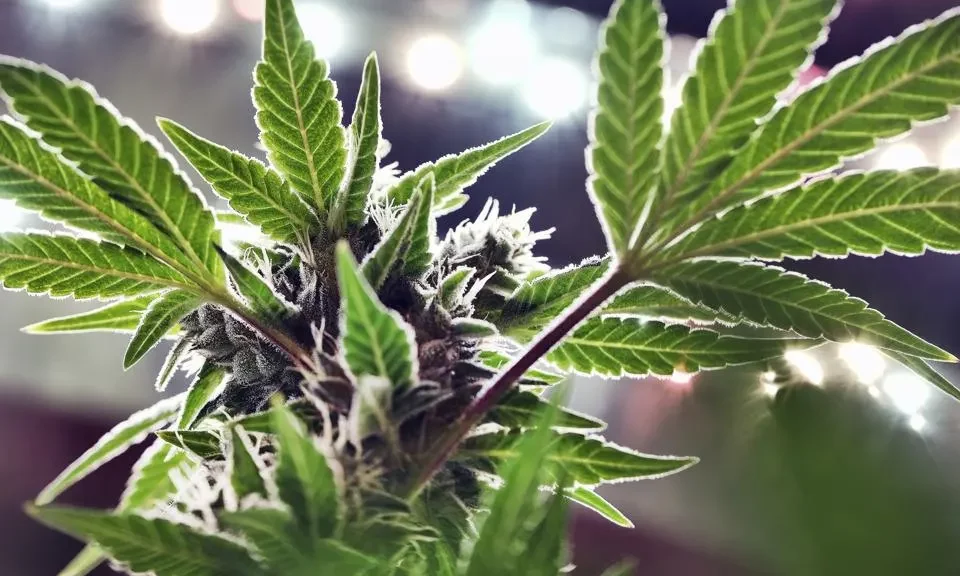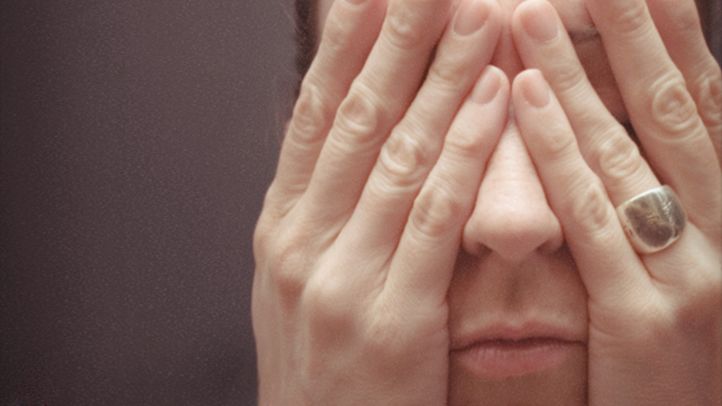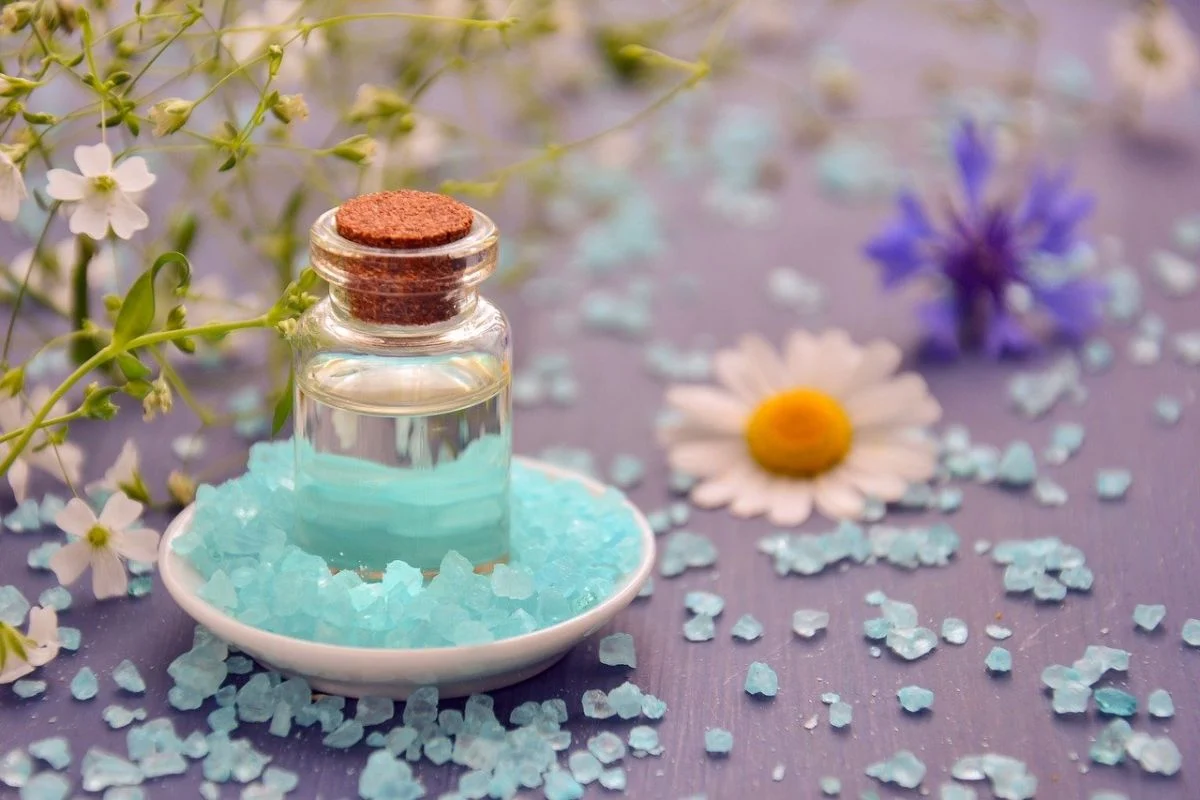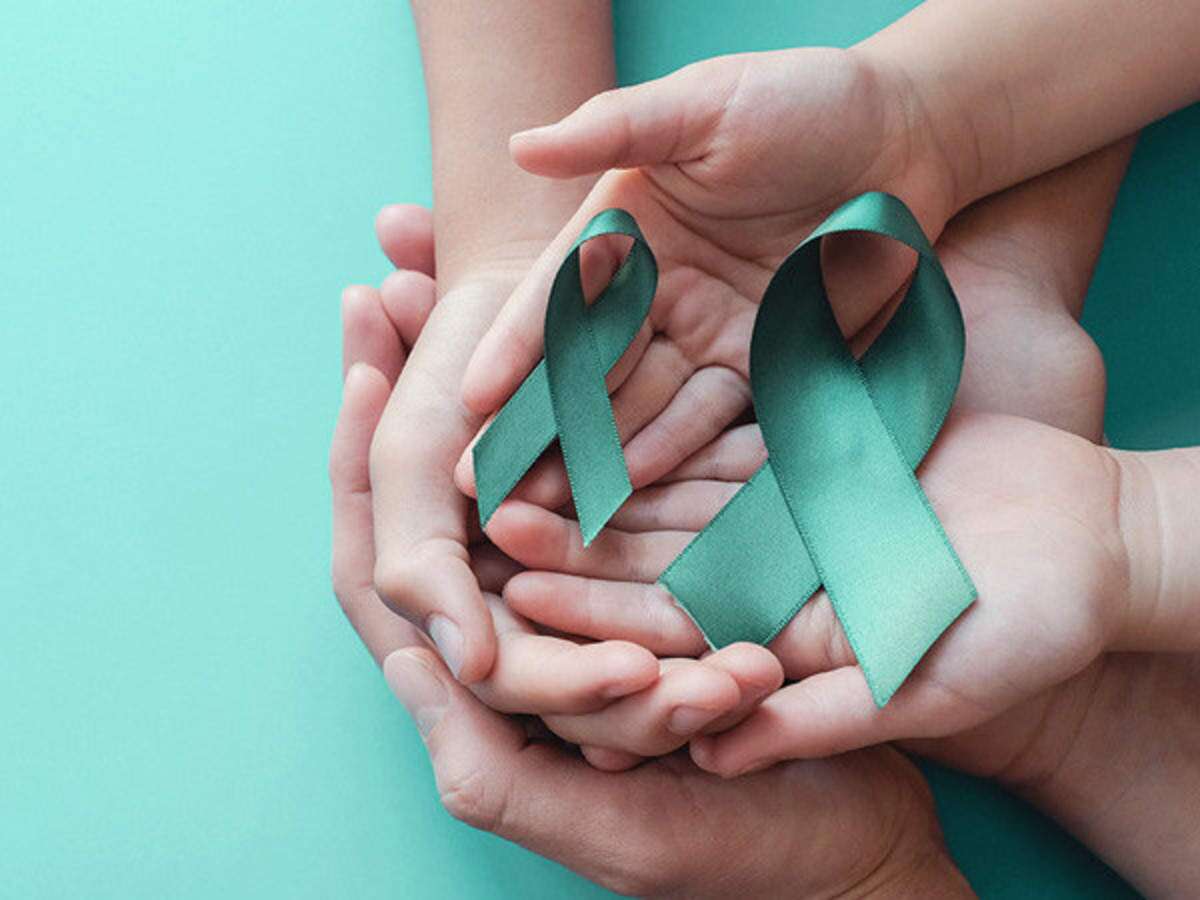
Delta-8 THC derived from legal CBD continues to occupy a sort of no man’s land between completely legal and federally illegal marijuana. While we wait for a final rule from the Drug Enforcement Agency (DEA), agency officials continue to insist that synthesized Delta-8 remains illegal under federal law.
The agency’s position was underscored by the recent discovery of a letter written by DEA Drug & Chemical Evaluation Section Chief Terrence Boos. The letter clarifies, in no uncertain terms, that the DEA considers Delta-8 a synthetic product that is still subject to the Control Substances Act (CSA). Boos contends that language in the 2018 Farm Bill does not exempt synthetic cannabinoids from the CSA.
Cannabis industry insiders expect the DEA to come up with a final rule on synthetic cannabinoids sometime this year or next. Apparently, the agency is waiting on recommendations from the US Department of Health and Human Services (HHS) about potentially rescheduling marijuana altogether.
Meanwhile, in the States
While Washington lawmakers and bureaucrats continue to tussle over marijuana rescheduling and legalization, states have taken matters into their own hands. More than three dozen have approved medical cannabis programs over the last two decades. In addition, we are gradually approaching two dozen states legal with recreational marijuana.
The states take different stances on Delta-8 THC and other synthetic cannabinoids derived from legal CBD. Some states don’t regulate them at all. Other states say they are okay under certain rules. Still others have already banned Delta-8 and Delta-10.
In Utah, where medical cannabis clinic Utah Marijuana says regulations are fairly strict, Delta-8 is technically illegal. However, enforcement is another matter. Consumers can still find Delta-8 products in the state if they know where to look. The most savvy among them also know what to look for: legal CBD products that contain Delta-8 even though the synthetic cannabinoid is not mentioned on product labels.
A Largely Unregulated Market
One of the difficulties with synthetic cannabinoids is that they are largely unregulated at the state level. The same can be said for the entire CBD and cannabis markets. There are some regulations in place, but compared to how strictly alcohol and prescription medications are regulated, CBD and marijuana get off pretty easily.
Without strict regulations in place, manufacturers are free to synthesize Delta-8 and other synthetic cannabinoids with impunity. They are starting with legal CBD as their base product, so there aren’t any issues there. Most states with legal marijuana do not require testing for or reporting Delta-8 THC, either. So there is another nonexistent hurdle.
What is most troubling is that Delta-8 is an intoxicating substance. Without proper labeling and consumer education, it is entirely possible that someone could unknowingly ingest Delta-8 simply by consuming a legal CBD product.
It’s Up to Congress or the Courts
As things currently stand, the DEA gets the final say about whether Delta-8 and other synthetic cannabinoids are okay. If HHS does not recommend rescheduling marijuana in order to legalize medical consumption, the DEA is likely to continue maintaining its current position. Only action by Congress or the courts will change things.
Federal courts have a history of backing up agencies like the DEA unless there are compelling reasons to rule otherwise. So in the absence of a monumental court case challenging the DEA prohibition against Delta-8, Congress remains the only outlet for change.
For now, the DEA insists that synthetic Delta-8 derived from legal CBD is covered by the CSA and is therefore illegal. Some states may turn a blind eye to synthetic cannabinoids, but that does not change the federal government’s stand.








